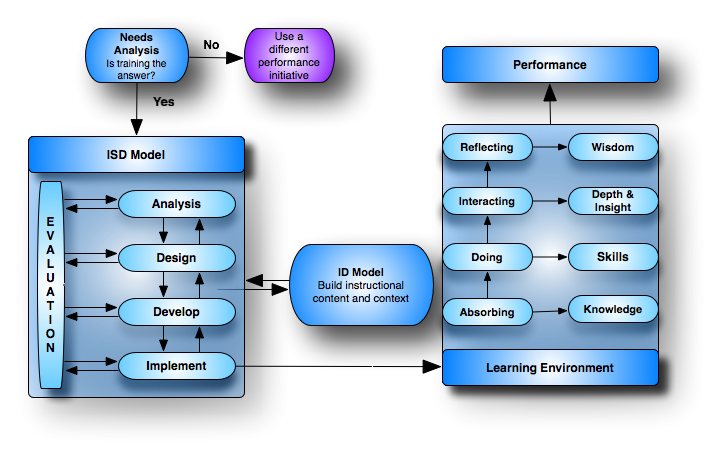Greek Philosophy
“Excellence is an art won by training and habituation. We do not act rightly because we have virtue or excellence, but we rather have those because we have acted rightly. We are what we repeatedly do. Excellence, then, is not an act but a habit.” — Aristotle
In 300 BC, Socrates (470-399BC) engaged his learners by asking questions (now known as the Socratic or dialectic method). He often insisted that he really knew nothing, but his questioning skills allowed others to learn by self-generated understanding.
Plato (428-348 BC), who was a student of Socrates and the teacher of Aristotle, wrote down the Dialogues, which have inspired thinkers for more than two thousand years. Plato called this process the dialectic, and considered it the pinnacle of learning. One of the significant features of the dialogical (dialectic) method is that it emphasizes collective, as against solitary activity. This is a question and answer form of arguing with an “expert” on one side and a “searcher” on the other. In the dialogues, the questioning of the expert by the searcher often exposes gaps in the reasoning. It is through this back and forth argument amongst friends (or adversaries) that understanding grows and becomes revealed to the learners. Such philosophical pursuit alongside and within a full education allows humans to transcend their desires and sense in order to attain true knowledge.
Plato founded what is said to be the first university — his Academy (near Athens) in around 385 BC. He also believed that all knowledge is innate at birth and is perfectible by experiential learning during growth. This was an early suggestion to the current theory of constructivism.
Along with many others in his time, Aristotle (384-322 BC) placed a strong emphasis on an all-round and balanced development. Play, physical training, music, debate, and the study of science and philosophy were to all have their place in the forming of body, mind and soul. Like Plato before him, he saw such learning happening through life — although with different emphases at different ages. Aristotle was the first to observe that “association” among ideas facilitated understanding and recall. He believed that comprehension was aided by contiguity, succession, similarity, and contrast.
Although we often view the term technology as hardware items, it is actually a system of practical knowledge. Technology is derived from the ancient Greek word techne. It can be translated to refer to art, craft or skill. Plato viewed techne and systematic or scientific knowledge as being closely related. Aristotle went a step further by asserting that techne was the systematic use of knowledge for intelligent human action.
Socratic or Dialectic Method
While our present use of the terms Socratic or Dialectic Method is based on a dialogue between two or more people who may hold differing views, but wish to pursue the truth by seeking agreement with one another, Socrates used it quite differently in that he believed that knowledge was inborn and could be brought out by means of skillful questioning.
Thus Socrates guided the instruction by using leading questions. He basically browbeated the learners through the use of clever questioning. For example, in Plato's Meno, Socrates, at random, selected a young boy off the street and by the use of clever questioning, led him to demonstrate a geometrical theorem despite the fact that the boy had no previous mathematical training.


